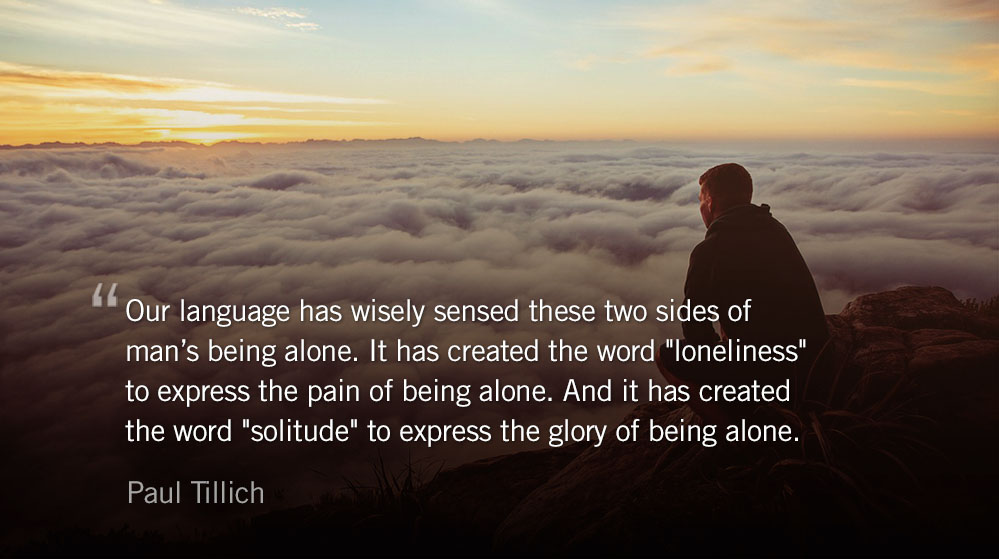Professional life requires that one live with the tension of using technology and remembering to distrust it. ― Sherry Turkle
A U.K. study released yesterday opens with the observation that media consumed on phone, laptop, and television screens, “can now occupy every waking hour of people’s lives.” This is not shocking to most, as the technological requirements of the modern world have us creating and consuming more data than ever before.
The problem lies not in the devices, but in what technology replaces, according to Sherry Turkle, the author of Alone Together and Reclaiming Conversation: The Power of Talk in a Digital Age.
When we orient our attention toward another person’s projection of themselves through texts, chatting and social media, “It’s as though we’re using them as spare parts to support our fragile sense of self,” Turkle says. “We slip into thinking that always being connected is going to make us feel less alone. But we’re at risk, because actually it’s the opposite that’s true.”
Our language has wisely sensed these two sides of man’s being alone. It has created the word “loneliness” to express the pain of being alone. And it has created the word “solitude” to express the glory of being alone. Although, in daily life, we do not always distinguish these words, we should do so consistently and thus deepen our understanding of our human predicament. — Paul Tillich
Bible study, prayer and church attendance, among the most commonly prescribed activities in Christian circles, generally have little effect for soul transformation, as is obvious to any observer. If all the people doing them were transformed to health and righteousness by it, the world would be vastly changed. Their failure to bring about the change is precisely because the body and soul are so exhausted, fragmented and conflicted that the prescribed activities cannot be appropriately engaged, and by and large degenerate into legalistic and ineffectual rituals. Lengthy solitude and silence, including rest, can make them very powerful.
But we must choose these disciplines. God will, generally speaking, not compete for our attention. If we will not withdraw from the things that obsess and exhaust us into solitude and silence, he will usually leave us to our own devices. — Dallas Willard
This Weekend’s Readings
1 Kings 20 (Listen – 7:03) 1 Thessalonians 3 (Listen – 1:44)
1 Kings 21 (Listen – 4:19) 1 Thessalonians 4 (Listen – 2:24)
- Spiritual Disciplines, Spiritual Formation and the Restoration of the Soul. Dallas Willard for The Journal of Psychology and Theology.
- Loneliness and Solitude. Excerpt from Paul Tillich’s book The Eternal Now. Scribner, 1963.
- Stop Googling. Let’s Talk. Sherry Turkle for The New York Times.
- Thoreau on How Silence Ennobles Speech and the Ideal Space for Conversation. Maria Popova for BrainPickings.
- Paul Goodman on the Nine Kinds of Silence. Maria Popova for BrainPickings.






